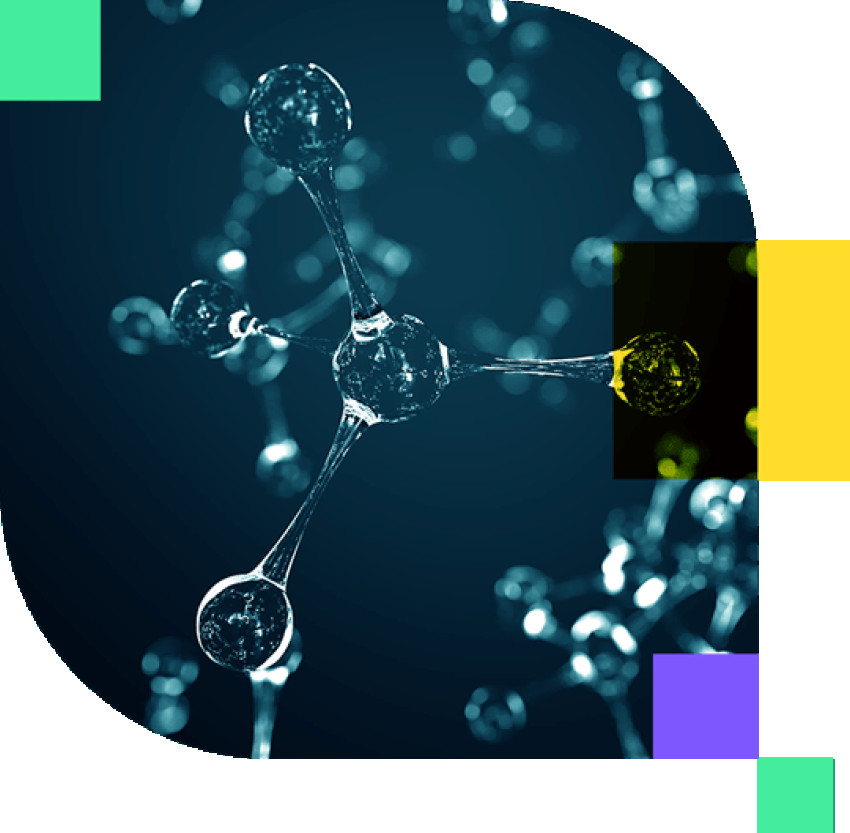
In the ever-evolving landscape of healthcare, precision medicine stands at the forefront, promising tailored treatments for individual patients. At the heart of this revolution lies small molecule bioanalysis—a sophisticated field that utilizes cutting-edge approaches to unravel the complexities of precision medicine. In this blog post, we delve into the latest advancements and strategies employed in small molecule bioanalysis, exploring how they contribute to the future of personalized healthcare.
Understanding Small Molecule Bioanalysis:
Small molecules play a crucial role in the functioning of biological systems. Bioanalysis, in this context, involves the identification, quantification, and characterization of these molecules in biological samples. With precision medicine gaining momentum, the demand for advanced small molecule bioanalysis has never been greater.
The Power of Mass Spectrometry (MS):
Mass spectrometry has emerged as a powerhouse in small molecule bioanalysis. Its high sensitivity and specificity allow for the detection of even trace amounts of molecules, enabling a comprehensive understanding of the patient's biochemical profile. Recent developments in MS technology, such as high-resolution mass spectrometry (HRMS) and tandem mass spectrometry (MS/MS), have elevated the precision and accuracy of small molecule analysis.
Next-Gen Chromatography Techniques:
Chromatography remains a cornerstone in small molecule bioanalysis, and recent innovations have propelled its capabilities to new heights. Advanced liquid chromatography-mass spectrometry (LC-MS) systems offer unparalleled separation efficiency, enabling the simultaneous analysis of a wide range of small molecules. This not only enhances analytical speed but also ensures the detection of diverse compounds in complex biological matrices.
Integration of Artificial Intelligence (AI):
In the era of big data, artificial intelligence has become an indispensable tool in small molecule bioanalysis. AI algorithms can process vast datasets, identify patterns, and predict outcomes, significantly expediting the analysis of complex biological samples. This synergy between technology and biology allows for a more efficient and accurate interpretation of bioanalytical results.
Metabolomics: Decoding the Metabolic Signature:
Metabolomics, a subset of bioanalysis, focuses on the comprehensive study of small molecules within biological systems. By deciphering the metabolic signature of individuals, metabolomics contributes valuable insights into disease mechanisms and treatment responses. The integration of metabolomics in small molecule bioanalysis has opened new avenues for understanding the intricacies of precision medicine.
Challenges and Future Perspectives:
While small molecule bioanalysis continues to break new ground, challenges persist. Issues such as sample preparation variability and standardization demand ongoing attention. However, the future appears promising with ongoing research into innovative technologies and methodologies.
Conclusion:
In the pursuit of precision medicine, small molecule bioanalysis emerges as a crucial player, employing cutting-edge approaches to unravel the complexities of individualized healthcare. As technology continues to advance, the integration of mass spectrometry, chromatography, artificial intelligence, and metabolomics promises a future where tailored treatments are not just a possibility but a clinical reality. The journey toward precision medicine is undoubtedly an exciting one, with small molecule bioanalysis leading the way.




